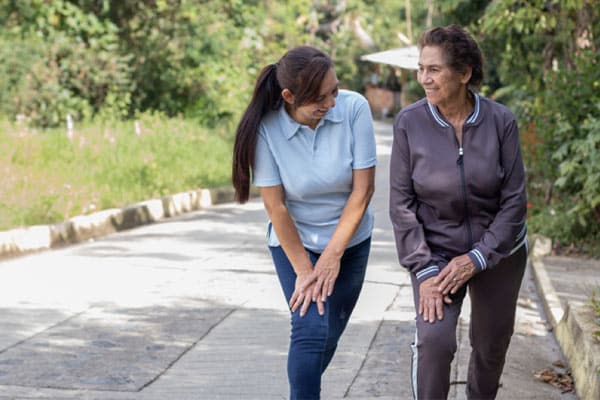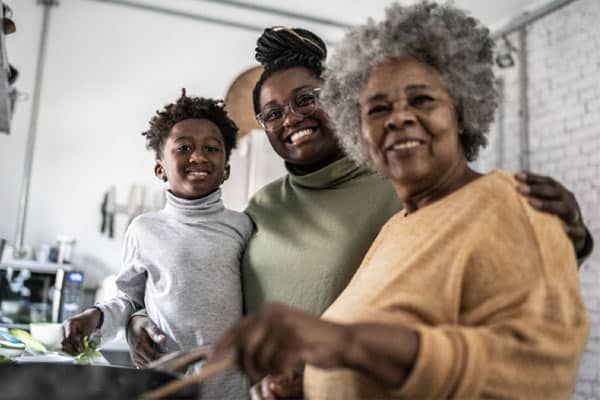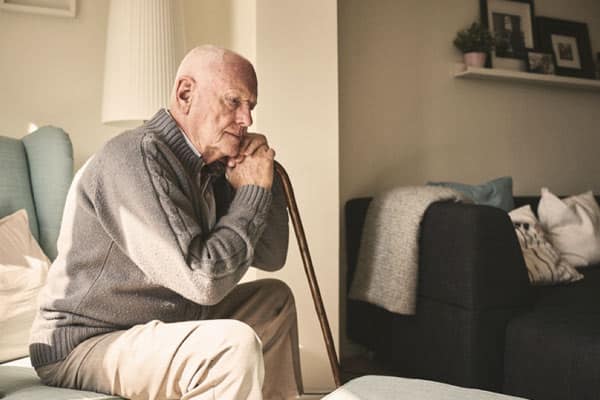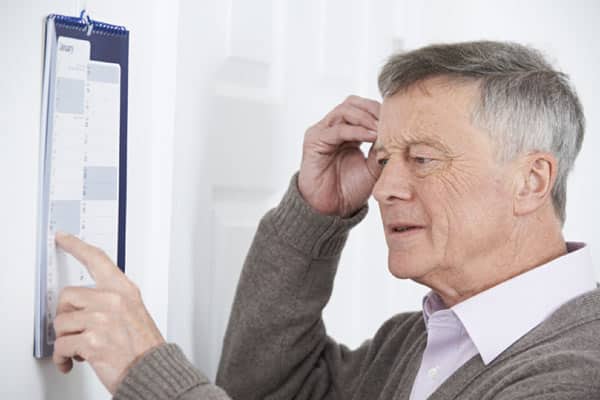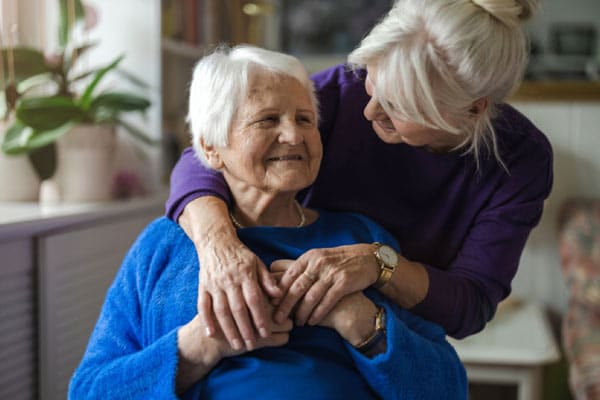The holiday season often brings families together, providing an opportunity to reconnect and share in each other's lives. During these gatherings, you might have observed that Mom or Dad could benefit from some additional support at home. Taking the initiative to address these concerns through a well-structured family meeting is crucial in determining the best course of action in caring for older parents.
The referred care providers at CareTime, American, Advocate, and Whitsyms In-Home Care share helpful tips for organizing an effective family meeting, ensuring everyone's input is valued and your loved one's needs are met.
Setting the Stage
Start by acknowledging the need for a family meeting. Consider the holiday observations and any signs that an older parent may require additional assistance. Before the meeting, gather information about their current health condition, daily activities, and potential challenges.
Determining Attendees
Identify key family members who should participate in the meeting. This may include siblings, spouses, or other close relatives. Ensure that everyone who has a vested interest in caring for aging parents is present, fostering a collaborative approach to decision-making.
Structuring the Meeting
Use the family meeting as a platform to discuss your observations, share concerns, and gather input from others. Refer to valuable resources, such as the Family Caregiver Alliance's guide on holding family meetings, to learn effective meeting structures and communication strategies.
Ensuring Inclusivity
It's crucial to create an environment where everyone feels heard and valued. Encourage open communication and actively listen to each family member's perspective. Ensure that no one's input is overlooked, and seek consensus on the best course of action for the older adult’s care.
Addressing Needs and Concerns
Use the family meeting to identify the person’s needs collectively. Discuss potential caregiving responsibilities, explore available resources, and outline a plan to address immediate and future challenges.
Implementing Solutions
Once the family meeting has generated insights and fruitful discussions, work together to implement practical solutions. Assign responsibilities, set realistic goals, and establish a timeline for providing the assistance needed.
Follow-Up and Adaptation:
Family dynamics and caregiving needs may evolve over time. Schedule regular follow-up meetings to reassess a loved one’s needs, address any new concerns, and adapt as needed.
Caring for older parents requires a collaborative and organized approach. A space for open communication and shared decision-making is established by initiating and structuring family meetings. Through respectful discussions and proactive planning, it is easier to navigate the complexities of caregiving.
How Home Care Can Help
A referred care provider from CareTime, American, Advocate, or Whitsyms In-Home Care is invaluable in caring for older parents. Partnering with a professional allows each member of the family to maintain a healthy life balance and helps lessen the possibility of anyone overextending themselves. It also ensures that older loved ones receive the high-quality care they deserve.
Some of the many ways a referred care provider can help include:
- Planning and preparing nutritious meals
- Taking care of light housekeeping and laundry
- Running errands
- Offering friendly companionship to alleviate loneliness and boredom
- Providing support with personal hygiene needs, such as taking showers, getting dressed, etc. • And much more
Contact us today to find out more about how we can help. Simply click the link to the location nearest you below:
- American In-Home Care – Serving North, Central, and West Coast of Florida
- Advocate In-Home Care – Serving Southeast and Southwest Florida
- Whitsyms In-Home Care – Serving Southeast and Southwest Florida
- CareTime – Serving Ocala, Florida and the Surrounding Areas
State of Florida License and Registration Numbers: 30211518, 30211651, 30211295, 30211390, 30210978, 30211293, 30211382, 30211504, 30211733, 30211535, 30211531, 30211710, 30211709, 30211045, 30211751


